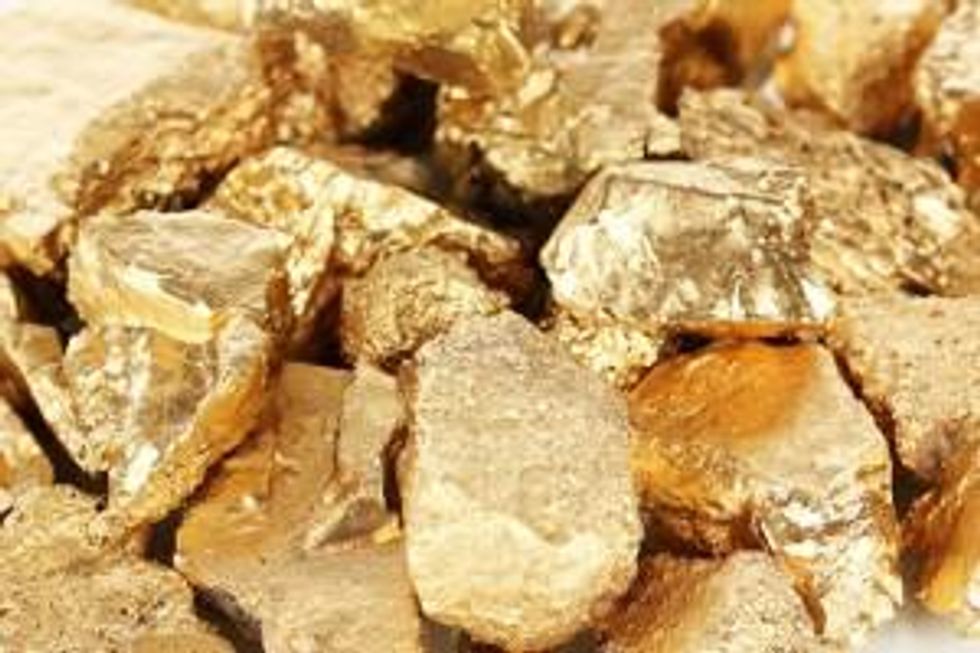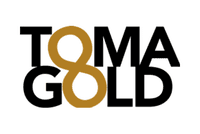How to Play Gold: Q&A with Scott Carter of Lear Capital
Despite recent price drops, gold as a long term investment is still viable, says Scott Carter of Lear Capital.
Gold Investing News: Scott, gold was up $23 Thursday and on Wednesday we had an indication from the US Federal Reserve that there won’t be an end anytime soon to quantitative easing. In your view, in the short term, what’s next for gold?
Scott Carter: Well I think what the Fed said on Wednesday was what most people were expecting, that the economy is very weak. Seemingly every indicator is either deteriorating or flat at best. So, the Fed is in the only position it can be in, which is to continue to prop up the economy. Having said that, the gold price isn’t reflecting the fact that quantitative easing is going to continue so there’s a bit of a disconnect between gold’s performance and price, and what we’re hearing out of the Fed, but I think that will change. Long term, I think the conditions for gold with regard to escalation of debt, currency devaluation through printing of money, international demand are all going to bode well for the price of gold and long-term investors are putting it in their portfolios because of that.
GIN: What is your view on the connection between inflation, interest rates and the gold price? The fundamentals of the gold price rest on gold being a hedge against inflation but actually inflation is not rising significantly in the US. Also, interest rates remain near rock bottom lows so investors are seeing low income growth in fixed assets like bonds. Will investors continue to flood into equities, instead of bonds or gold right now?
SC: I think it’s a question of your time horizon. I think short term because of investors chasing yield, and when you have low interest rates and you look at the price earnings performance of the Dow, and you say given this interest rate environment, can I get more yield off of equities versus bonds or gold, I think the short term answer is yes. As long as the Fed’s going to continue printing money, yield is going to continue to be in the equity market. However, supply and demand will continue to rule the day in the long term, and if we continue to flood the market with dollars then we will not forever have a situation of low inflation. We’ve seen it in Japan, we’ve seen it in smaller countries, we’ve seen it in Europe, flooding the market with cheap money will eventually lead to inflation and that’s why long term, gold will perform well. And that’s why gold hasn’t fallen out of bed completely, it’s down but it’s what I would call in a more traditional price-adjusment range than we’ve seen in the last 5 or 10 years.
GIN: Looking at inflation, what will it take to increase the rate of inflation, given that as you say, Japan is flooding the market with quantitative easing, as is the US and Europe, but we’re still seeing a relatively low level of inflation worldwide. What’s it going to take to actually increase the rate of inflation?
SC: It’s an interesting point. I think that given the increased money supply, one can easily conclude that what the central banks are actually fighting is deflation. They’re trying to keep deflation at bay. To get inflation they have to keep doing what they’re doing or economies have to shrink. That’s the end of the game right there, if they start seeing shrinking economies, then you’re going to see gold perform exponentially higher because then you’ve got a safe haven asset where people are preserving their buying power. To get inflation going you need the high growth countries — China, South Korea, etc — to say we’re going to continue with high growth — and you also need the US, which is sort of the lead dog here, to get their economy on track. None of that is happening so therefore you have flat inflation as they’re measuring it. That’s the other point I will make. If you’re raising a family you know it costs you more to live than it did 5 years ago, and it will cost you more in 5 years from now. Inflation is there it’s just not being baked into hard assets like gold and other commodities at this point in time.
GIN: Investor interest in physical gold continues to be strong. I read yesterday that price premiums for gold bars in Asia reached a record high. Will interest in paper gold, I mean ETFs, continue to lag physical buying, and will this keep the price down for the foreseeable future?
SC: Again you’ve got a short term, long term view. Right now the paper market dwarfs the physical market so there’s price suppression in gold because of the paper markets but there’s no delivery or exchange of gold in those transactions. They’re really selling a security like GLD or SLV, and probably moving it toward a higher-yielding equity. In the face of that, as you said, physical gold demand is rising. China continues to buy a significant amount of physical gold, the Chinese population, its growing middle class has about 10 percent average of gold in their portfolios, India is growing and even in the US it’s growing, with the US and Canadian Mints announcing two or three times this year that they’ve stopped production of silver coins because they ran out. So I think that eventually the physical demand will ultimately set the direction of the gold price, but short term the paper markets will certainly keep the price suppressed.
GIN: If you look at the gold miners, they’re still mining a lot of gold. Now with the price going down, presumably they will start to mine less gold. Do you think that reduction in supply will eventually bring the price back up?
I think it’s a great point that not many people focus on. The last estimate I received was it takes $1,200 to get an ounce of gold out of the ground, so if it costs me $1,200 and it’s only selling for $1,380, there’s not a lot of margin there. So there’s a very explainable reason why mining shares aren’t performing well right now. So yes, I think if they pull back on supply and demand stays consistent, then the price will reflect that. Once the price moves up again the miners will go back to generating returns and you’ll see their shares snap back.
GIN: Gold mining shares have lagged the price of gold for some time. Is it simply the fact of the cost to mine going up and the price of gold going down?
With gold miners, you’re really buying a stock based on the performance of the management team, based on the performance of expenses and how well they manage their balance sheet, so the price of gold could go up but if you’re a poorly run company a gold mining stock may not trade that high. I think you’ve got a combination of the price of the product you’re selling going down, so you’ve got compression on your gross profit from that vantage point, you have costs like labor costs, escalating to get gold out of the ground, so it’s not a very attractive investment proposition at the moment. That would change though if demand continues to increase, and if the price of gold goes up, then mining shares will get the benefit of that just like those who own physical gold.
GIN: Would you say it’s a good time to buy physical gold right now?
SC: Yes and here’s why. If I set aside and don’t look at the price performance of the last year, what are the conditions that would make me want to own gold and silver commodities? I would want to have escalating debt around the world, I’d want to have central banks devaluing currencies to stay competitive, and I’d want a low interest rate environment because gold doesn’t pay a dividend and you’re competing against higher yielding stocks, and I’d want to have a sluggish world economy. That’s the situation we have right now, that’s why I think gold long term will be strong, and that’s why I think individuals are buying gold today.
GIN: Ok that sounds like a good place to leave it. Scott, thanks for joining me.
SC: Thank you Andrew.






